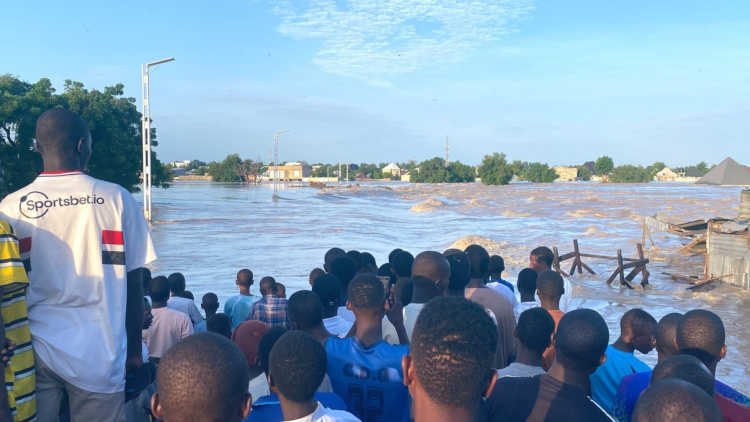The decision of the Borno State government to close relief camps housing survivors of the floods in Maiduguri Metropolitan Council (MMC) and Jere area raises significant humanitarian concerns.
Development Diaries reports that according to Daily Trust, some flood survivors who have been affected have lamented the decision, as they fear it could push them into deeper crisis because their houses are inhabitable, and they have nowhere to go.
We understand that the government’s decision stems from the fact that some people, who were not affected by the flood, have infiltrated the camps, all in an effort to collect food and other support items meant for victims of the recent flood.
This highlights a valid concern that requires a strategic response.
Many displaced families face severe uncertainty, with their homes still inhabitable and no alternative housing arrangements provided.
Forcing these residents out of the camps without a clear resettlement plan is likely to worsen their vulnerabilities, pushing them into deeper crises, including homelessness and food insecurity.
While ensuring that aid reaches the genuine victims of the floods is important, closing the camps entirely is not the best solution.
Instead, the government should intensify its verification process to identify the actual victims, while working with humanitarian agencies to manage resources more effectively.
Technology, such as biometric registration, could also help track and verify beneficiaries.
Furthermore, the government must develop an immediate response plan to rehabilitate flood-affected communities.
The Borno State government must not forget that the welfare and the security of its citizens is its primary responsibility.
Hence, Development Diaries calls on Governor Babagana Zulum to reconsider his decision to close down displacement camps, and ensure the provision of more temporary shelters for displaced families, to lessen their burdens.
Photo source: Channels TV







